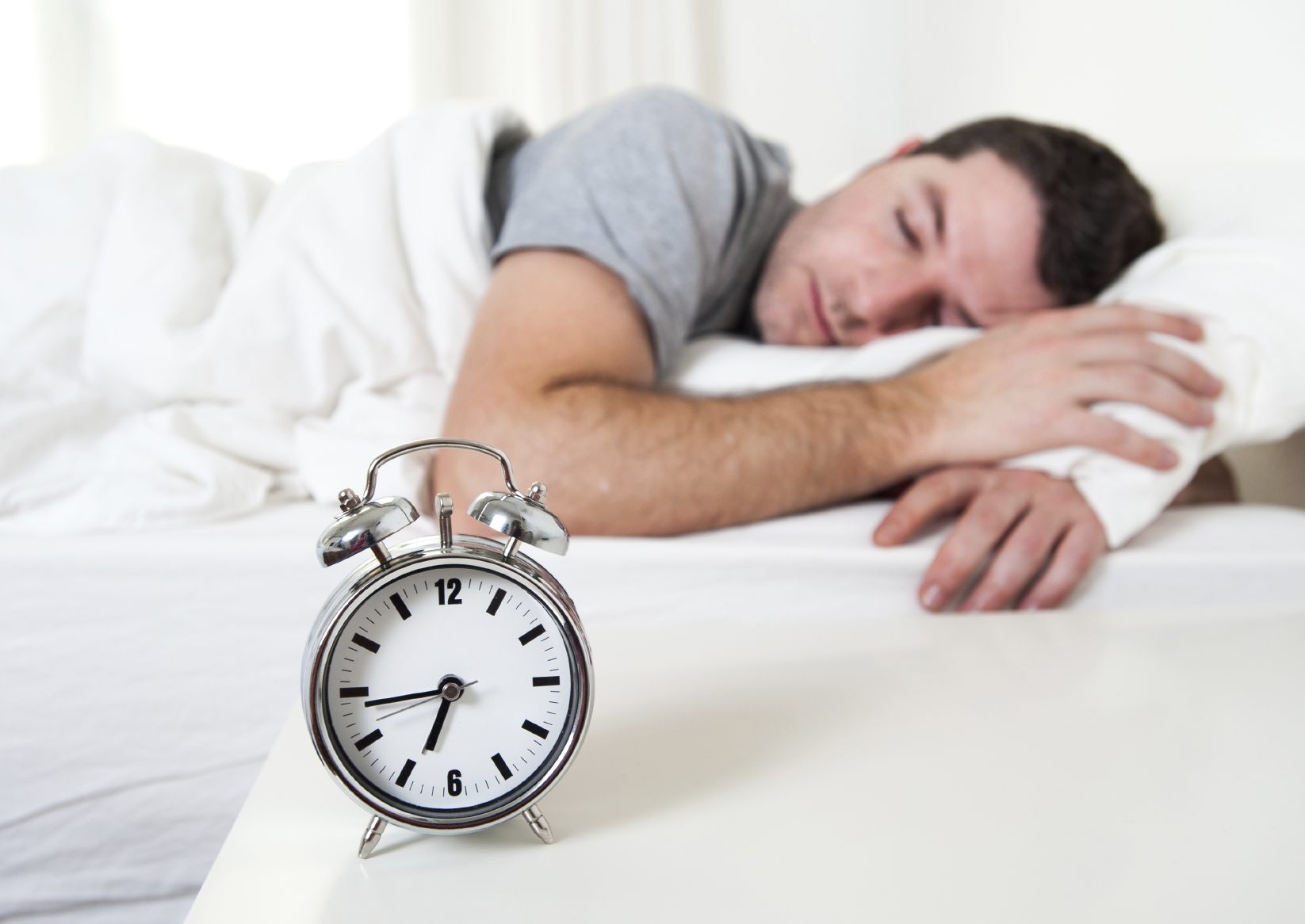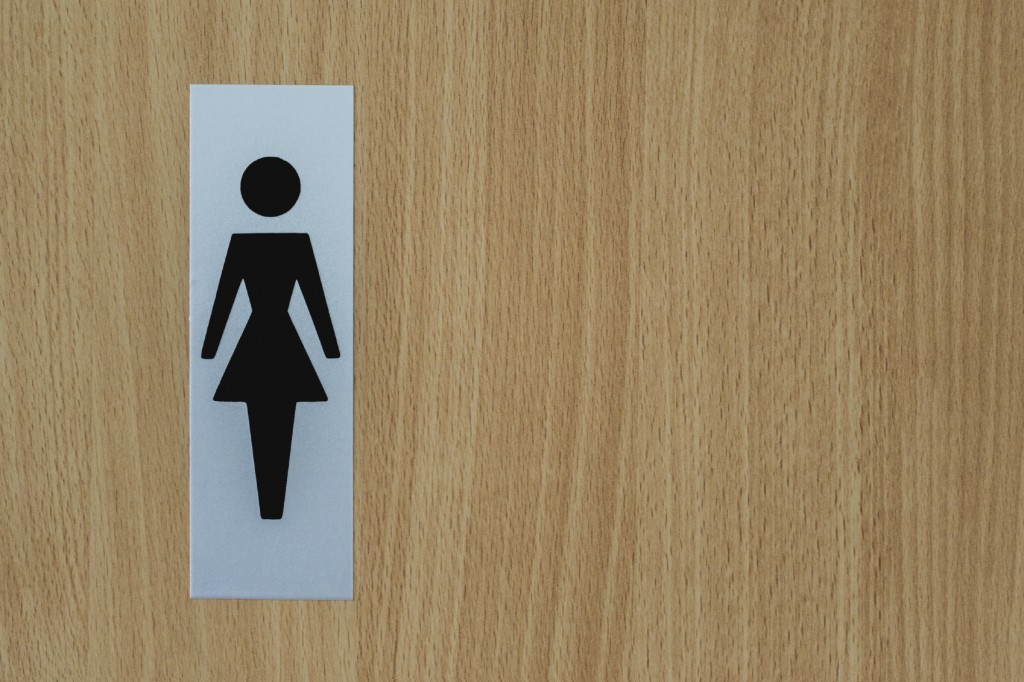Researchers tell us that two out of every three American adults are overweight or obese. If you are one of these folks, and find you’ve been struggling for years to reduce your body weight, chances are you’re been majoring in the “what not to eat” approach. But what if your weight loss attempts are being thwarted by something other than food?
Much is written today about what we should and shouldn’t eat, but little attention is paid to an important internal condition which primes people for excessive weight gain and works to sabotage even the best dieting efforts. That condition is sleep deprivation, which by definition is getting less than seven hours sleep per night. Does this describe you? If so, keep reading…
While you sleep your brain produces two hormones which help to regulate your appetite. The first hormone, grehlin, is a “hungry-hormone”. Its job is to tell you when it’s time to eat. The second hormone, leptin, balances out this hormone’s effect by informing your body when it’s full. The problem with not getting enough sleep at night is that your brain responds by making less of the “I’m full” hormone and more of the “I’m hungry” hormone. Thanks to this alteration in the production of brain hormones, the chronically sleep deprived person is left battling not only temptations driven by their five senses, but food cravings originating from their brain itself!
One of the best ways to set the stage for health-breeding weight loss is to make sure your brain’s chemicals are working for you, not against you. Why not challenge yourself to turn over a new “pillow” and go to bed 7-8 hours before you have to wake up each night? When the temptation arises to stay up too late, remember this principle: Gain sleep, lose weight.






















